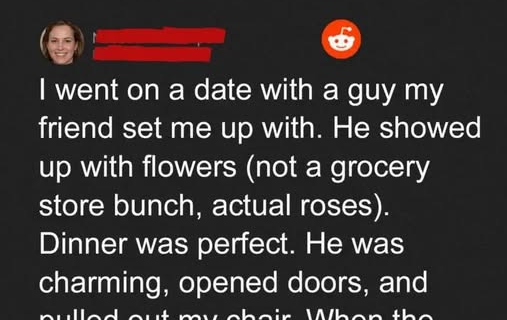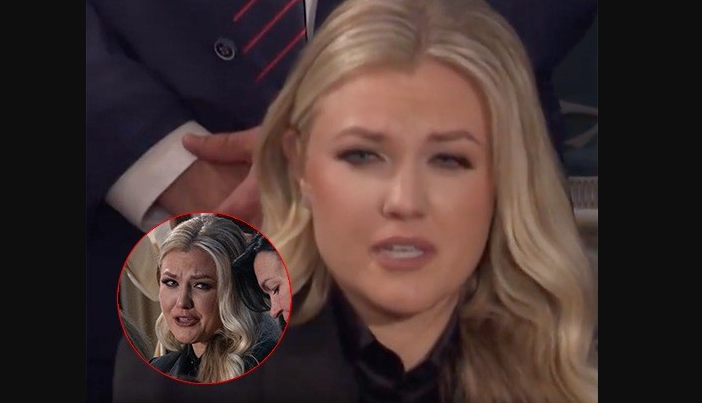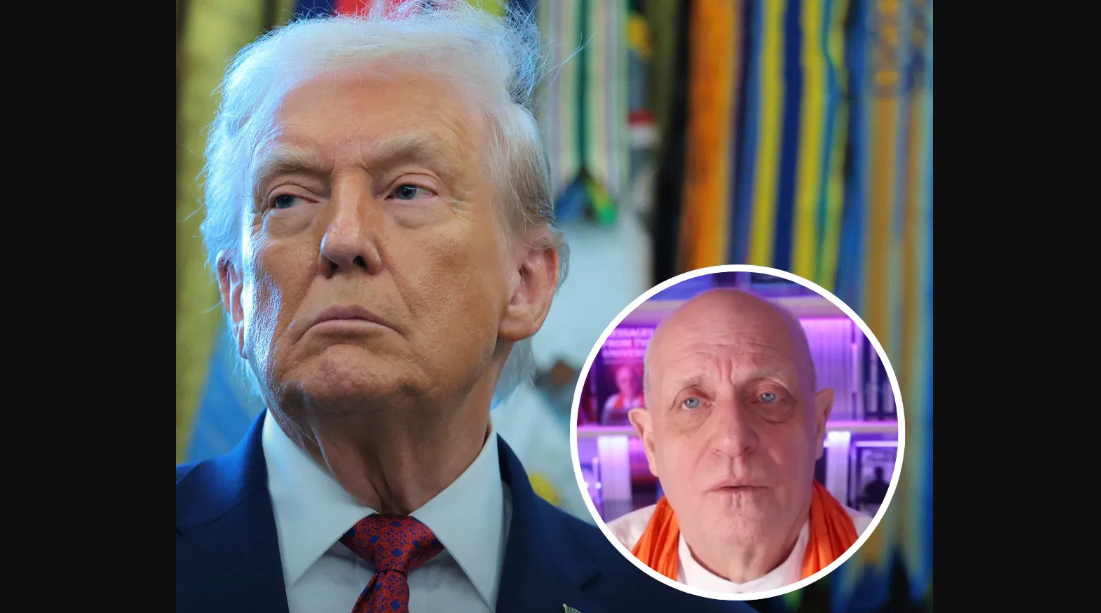When my closest friend Mia suggested introducing me to a guy named Eric, I felt hesitant. After she shared his photo and mentioned that her boyfriend Chris spoke highly of him, I decided to give it a try.
Eric showed up with a vibrant bouquet of roses and a custom keychain, which struck me as remarkably considerate. Throughout the evening, he held doors open, pulled out my chair, and kept our conversation lively and captivating. By the time dinner ended, I was convinced I’d met a genuine gentleman.
As the server brought the bill, Eric confidently offered to cover it, stating, “A man always pays for the first date.” His assertive tone caught me off guard, but I smiled and expressed my gratitude. I returned home with a warm feeling, reflecting on what seemed like one of the most memorable first dates I’d ever experienced.
The following morning, I eagerly checked my phone, expecting a kind message from him. Instead, I found an unexpected invoice.
The invoice playfully outlined his “services,” detailing the roses, the keychain, the act of pulling out my chair, and even his attentive listening. Each item was paired with a requested “payment,” such as a hug, a coffee outing, a compliment, or a commitment to a second date.
The final note warned that failure to comply might lead to Chris hearing about it, revealing the seriousness behind the humor. I stared in disbelief, realizing his gestures of kindness carried hidden expectations.
I forwarded the invoice to Mia, who shared it with Chris, and he responded by crafting a lighthearted “counter-invoice,” billing Eric for taking up my time. Eric didn’t appreciate the jest and sent several frustrated messages before I decided to block him.
Mia later apologized, and the three of us chuckled about the ordeal for weeks. I held onto the keychain—not as a symbol of romance, but as a memento from the most surprisingly dramatic first date I’ve ever had.







